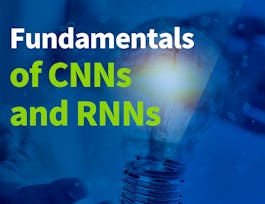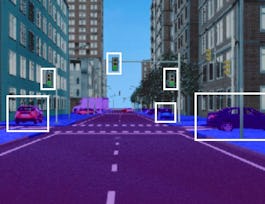This course advances from fundamental machine learning concepts to more complex models and techniques in deep learning using PyTorch.
This comprehensive course covers techniques such as Softmax regression, shallow and deep neural networks, and specialized architectures, such as convolutional neural networks. In this course, you will explore Softmax regression and understand its application in multi-class classification problems. You will learn to train a neural network model and explore Overfitting and Underfitting, multi-class neural networks, backpropagation, and vanishing gradient. You will implement Sigmoid, Tanh, and Relu activation functions in Pytorch. In addition, you will explore deep neural networks in Pytorch using nn Module list and convolution neural networks with multiple input and output channels. You will engage in hands-on exercises to understand and implement these advanced techniques effectively. In addition, at the end of the course, you will gain valuable experience in a final project on a convolutional neural network (CNN) using PyTorch. This course is suitable for all aspiring AI engineers who want to gain advanced knowledge on deep learning using PyTorch. It requires some basic knowledge of Python programming and basic mathematical concepts such as gradients and matrices.




















